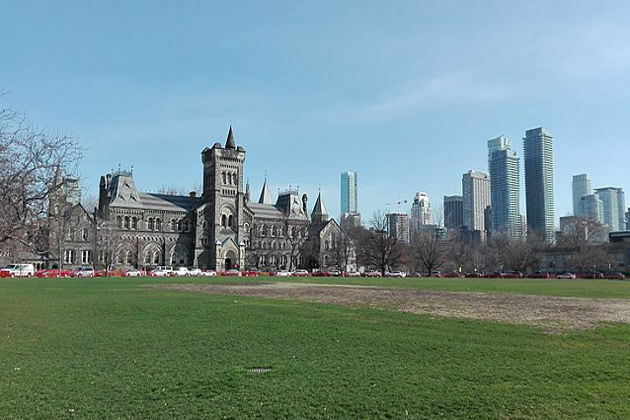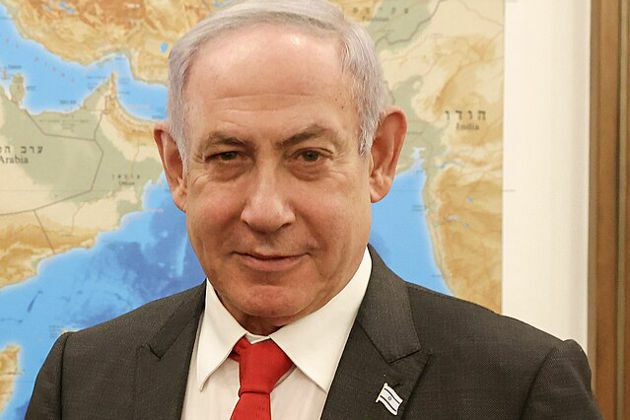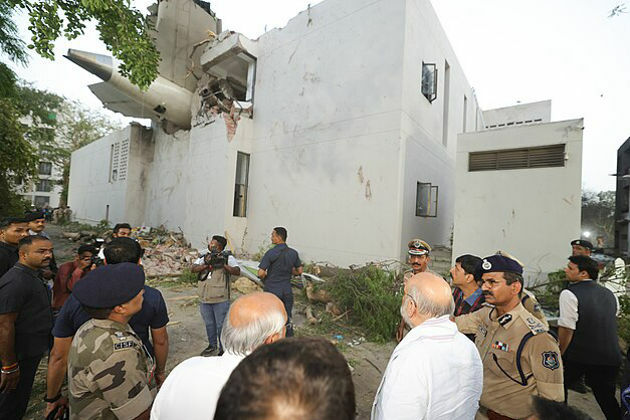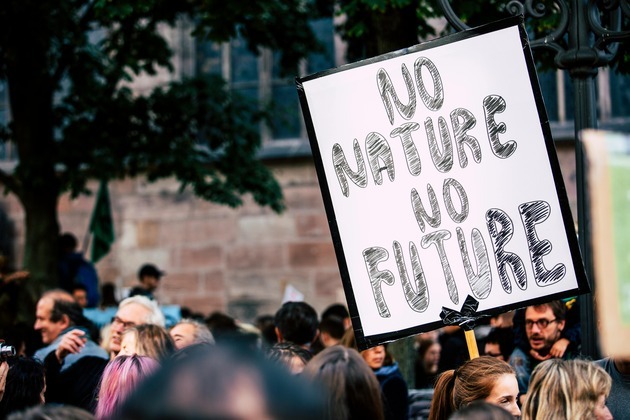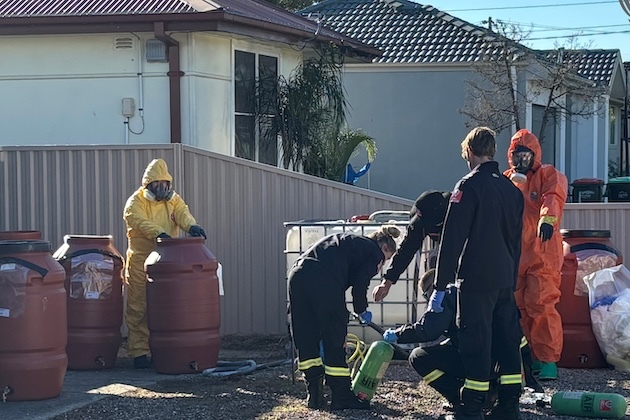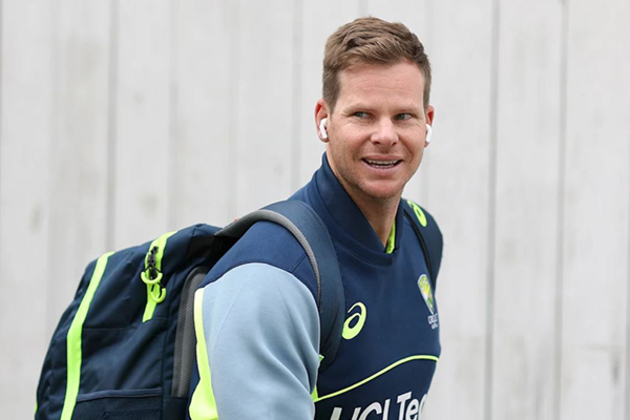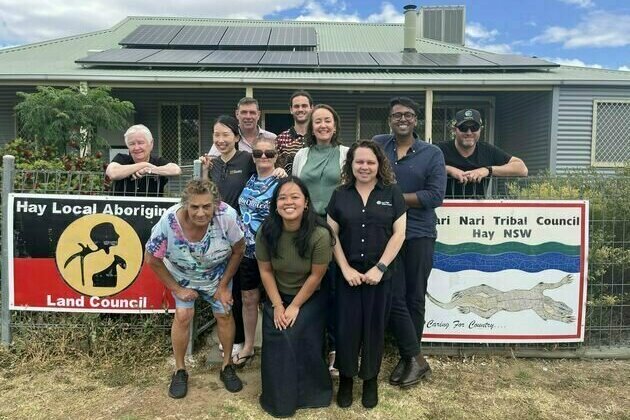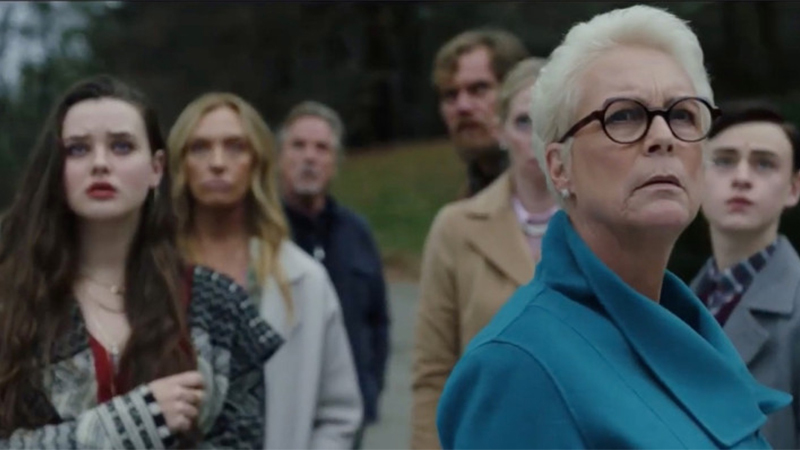Why do protests turn violent? It's not just because people are desperate
The Conversation
05 Jun 2020, 12:08 GMT+10
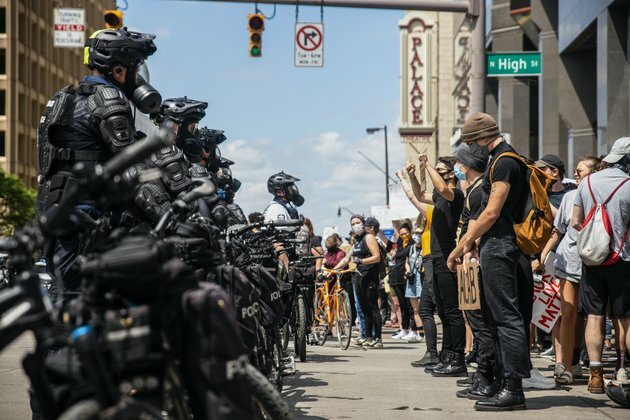
We have seen ten days of protests in the United States over the death of George Floyd.
While thousands of people have gathered to express their outrage peacefully, some demonstrations have been marred by vandalism and violent clashes with police.
Research has shown that people generally see confrontational protests as unwarranted and ineffectual.
So why do some protests turn violent? And as we watch this mass movement gather pace around the world, what makes people come out into the streets in the first place?
Why do some protests turn violent?
Research suggests people who are prepared to use violent confrontation can be psychologically different from those who are not. People who are prepared to adopt violence are more likely to report feelings of contempt for political adversaries whom they hold responsible for wrongdoing.
In the US, some commentators have suggested the violence on their streets stems from a deep sense of despair and helplessness that things never change.
Psychological research offers some support for this analysis. Where people don't believe their appeals to authorities will be heard, protesters may be more likely to adopt violent methods of protest.
Under these circumstances, people think they have "nothing to lose".
Heavy-handed policing can lead to violence
However, there is another key element here. Feelings of contempt and helplessness do not arise in a vacuum - they stem from real-world interactions between people and groups.
We know from decades of research into policing and crowds that violent, heavy-handed treatment from the police is a major catalyst of protest violence. Such experiences lead people to redefine their understanding of the demonstrating group's purpose.
Read more: The fury in US cities is rooted in a long history of racist policing, violence and inequality
Over the past week, people who initially turned out to express their constitutional right to protest peacefully have found they are now enemies of the state - dissidents in their own country. Under these circumstances, the purpose of the protest suddenly adopts a much broader meaning.
Protesters can change their tactics
A good way to make people feel contempt is to disregard their safety and purpose.
So, even though people tend to think confrontational protests do not work, our research shows that their assessment changes when an authority is seen to be corrupt and immoral.
Put differently, even the average punter may come to see violence as more acceptable if the state responds in a way that seems unjustified and disproportionate.
Why do people protest in the first place?
Given the the recent restrictions on public gatherings, who could have imagined that we would be witnessing a global solidarity movement of this scale in the middle of a deadly pandemic?
It has long been observed that specific events can serve as tipping points that catalyse social movements. Consider the actions of US activist Rosa Parks, who famously refused to give up her seat to a white man on an Alabama bus in 1955, inspiring mass resistance to the racial segregation policies of the time.
When Tunisian fruit seller Mohamed Bouazizi set himself on fire in response to police corruption and harassment in December 2010, his actions were broadcast all over the world, laying the foundation of the mass protests that would become the Arab Spring.
Research shows people who engage in protest do so because they feel angry about injustices perpetrated against groups they are committed to and believe they can make a difference by acting collectively.
Critically, in the 21st century, specific events - and our reactions to them - can now be broadcast online and shared with millions of people, across the world, within a matter of hours.
Online interactions generate outrage and common purpose
These online interactions are more than just chatter. Research shows online interactions about injustice can be the very means through which people's protest commitments are formed and maintained.
As people interact online, it generates a sense of shared outrage, as well as a belief that if "we" act together, things could be different.
Research has specifically shown that people who interact online about the police killings of Black people are more likely to attend protests, especially if they live in an area with historically high rates of police killings of Black people.
What does this mean for Australia?
The George Floyd protest movement has also reached Australia.
There have already been a number of peaceful demonstrations around Australia to protest Indigenous deaths in custody and support Black Lives Matter. More are planned for the weekend.
How Australians respond to racism in our own country is a matter for Australians in our own individual and collective ways.
But authorities should take note: heavy-handed responses from police can provoke more violent responses from otherwise peaceful protesters.
Author: Emma Thomas - Associate professor, Flinders University 
 Share
Share
 Tweet
Tweet
 Share
Share
 Flip
Flip
 Email
Email
Watch latest videos
Subscribe and Follow
Get a daily dose of Australian Herald news through our daily email, its complimentary and keeps you fully up to date with world and business news as well.
News RELEASES
Publish news of your business, community or sports group, personnel appointments, major event and more by submitting a news release to Australian Herald.
More InformationInternational
SectionFox faces $787 million lawsuit from Newsom over Trump phone call
DOVER, Delaware: California Governor Gavin Newsom has taken legal aim at Fox News, accusing the network of deliberately distorting...
DeepSeek faces app store ban in Germany over data transfer fears
FRANKFURT, Germany: Germany has become the latest country to challenge Chinese AI firm DeepSeek over its data practices, as pressure...
Canadian option offered to Harvard graduates facing US visa issues
TORONTO, Canada: Harvard University and the University of Toronto have created a backup plan to ensure Harvard graduate students continue...
Israel should act fast on new peace deals, Netanyahu says
JERUSALEM, Israel: Israeli Prime Minister Benjamin Netanyahu says that Israel's success in the war with Iran could open the door to...
UN offer rejected in Dreamliner crash investigation
NEW DELHI, India: India has decided not to allow a United Nations (UN) investigator to join the investigation into the recent Air India...
UN climate agency gets 10 percent boost amid global budget cuts
BONN, Germany: Despite widespread belt-tightening across the United Nations, nearly 200 countries agreed this week to increase the...
Sydney
SectionWestern Sydney raid results in seizure of $25 Million in drugs
SYDNEY, NSW, Australia - , Australian Federal Police (AFP) have shut down a secret drug lab in Sydney's west and seized more than 100kg...
Steve Smith defends Australia's batting coach after Healy's performance "regressed" remark in Tests
Bridgetown [Barbados], June 30 (ANI): Australia's talismanic batter Steve Smith has come out in defence of batting coach Michael Di...
Australia's powerhouses return for World Championship of Legends
New Delhi [India], June 30 (ANI): Cricket's fiercest competitors are back in action as Brett Lee, Chris Lynn, and Shaun Marsh lead...
Australian FM to hold talks with EAM Jaishankar on sidelines of Quad Foreign Ministers' meet
Canberra [Australia], June 30 (ANI): Australian Minister for Foreign Affairs, Penny Wong, on Sunday said that she will visit Washington...
Steve Smith confident of return for second Test against West Indies
Bridgetown [Barbados], June 30 (ANI): Australia batter Steve Smith remains optimistic about recovering in time to make his return from...
Here's how First Nations landholders can share the benefits of the NSW energy transition
The shift to clean, renewable sources of energy presents a rare opportunity for First Nations people, not only as energy users but...



